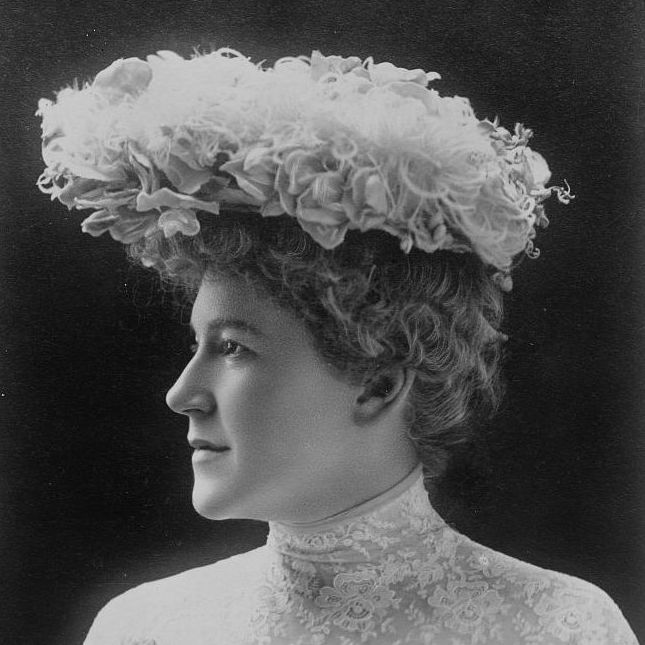They say the world is round, and yet
I often think it square,
So many little hurts we get
From corners here and there.
But one great truth in life I've found,
While journeying to the West-
The only folks who really wound
Are those we love the best.
The man you thoroughly despise
Can rouse your wrath, 'tis true;
Annoyance in your heart will rise
At things mere strangers do;
But those are only passing ills;
This rule all lives will prove;
The rankling wound which aches and thrills
Is dealt by hands we love.
The choicest garb, the sweetest grace,
Are oft to strangers shown;
The careless mien, the frowning face,
Are given to our own.
We flatter those we scarcely know,
We please the fleeting guest,
And deal full many a thoughtless blow
To those who love us best.
Love does not grow on every tree,
Nor true hearts yearly bloom.
Alas for those who only see
This cut across a tomb!
But, soon or late, the fact grows plain
To all through sorrow's test:
The only folks who give us pain
Are those we love the best.
Published:
1896
Length:
Regular
Literary Movements:
Modernism
Anthology Years:
2022
Themes:
Death & Loss
Doubt & Fear
Faith & Hope
Love & Relationships
Literary Devices:
Alliteration
the repetition of the same letter or sound at the beginning of words appearing in succession
End Rhyme
when a poem has lines ending with words that sound the same
Internal Rhyme
A rhyme involving a word in the middle of a line and another at the end of the line or in the middle of the next.
Irony
the expression of one's meaning by using language that normally signifies the opposite, typically for humorous or emphatic effect
Repetition
a recurrence of the same word or phrase two or more times

